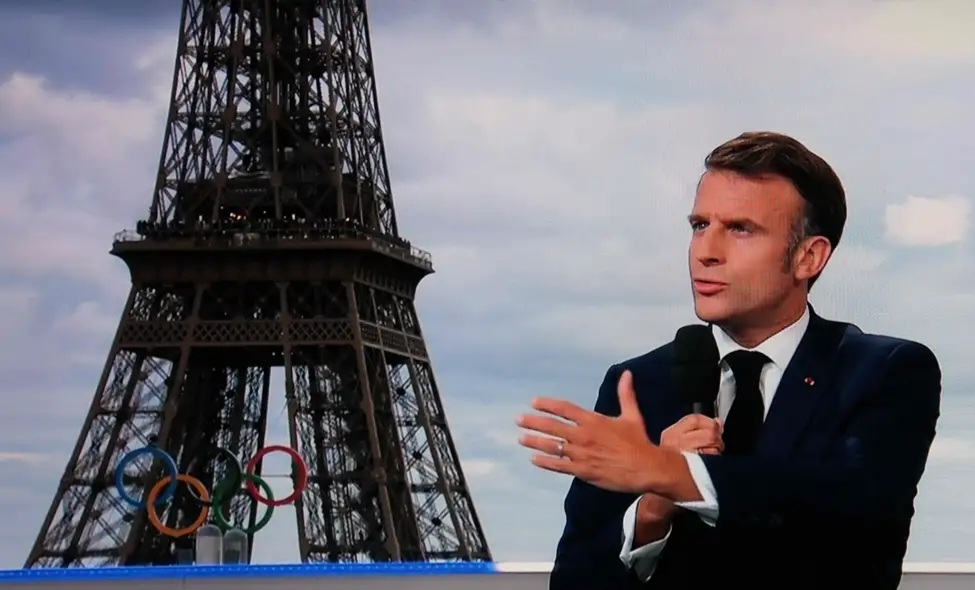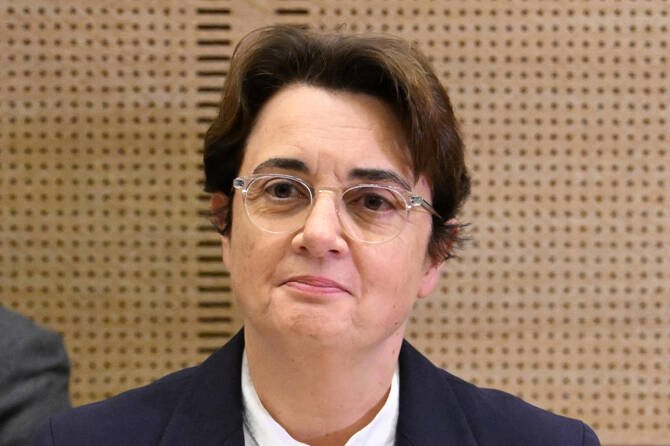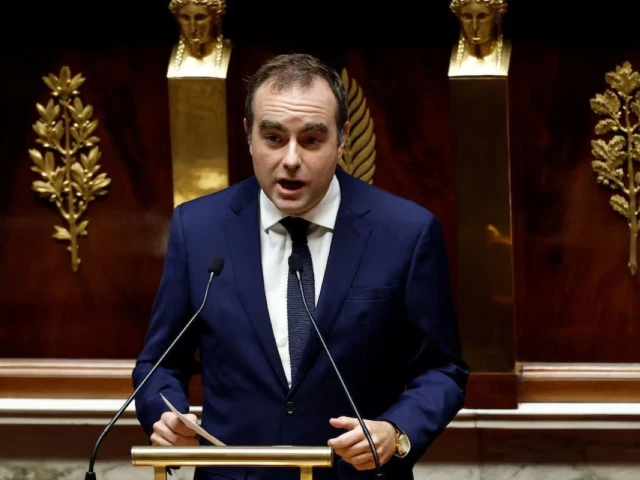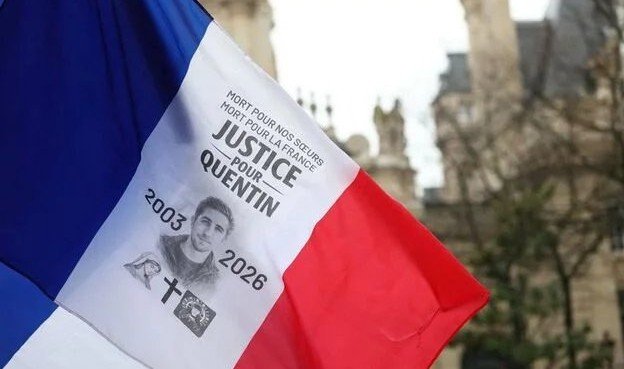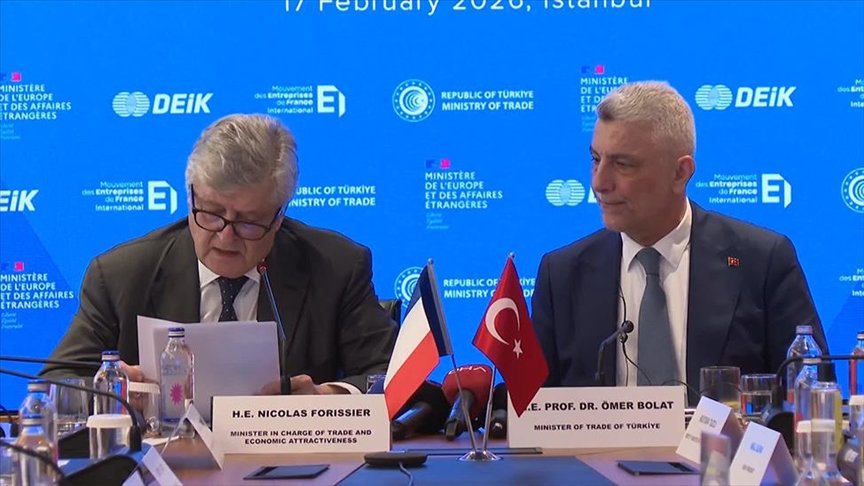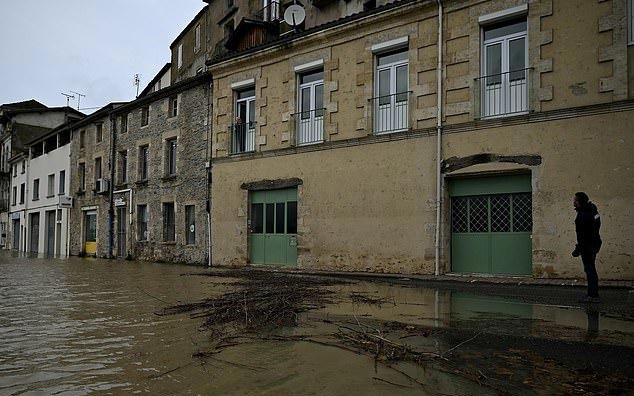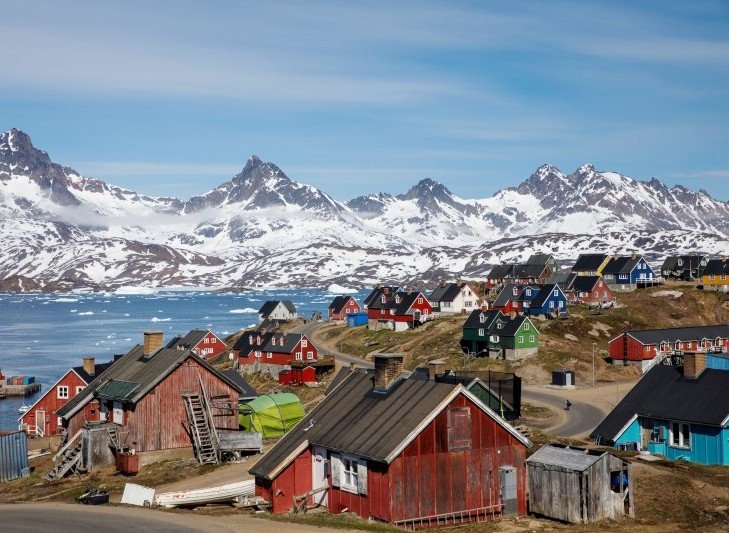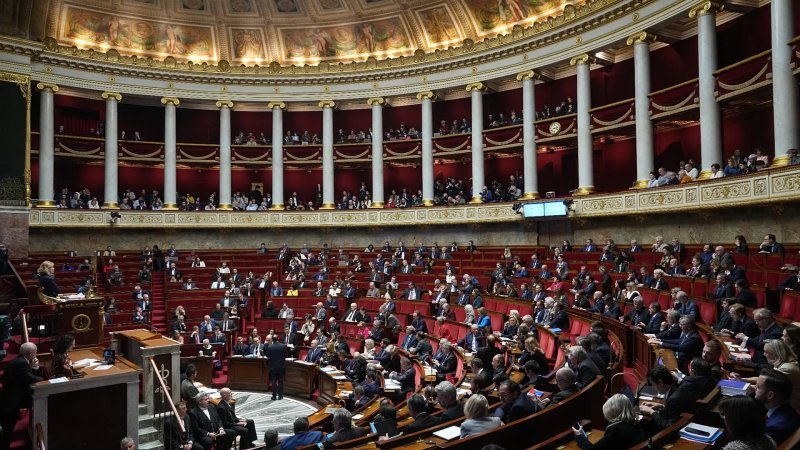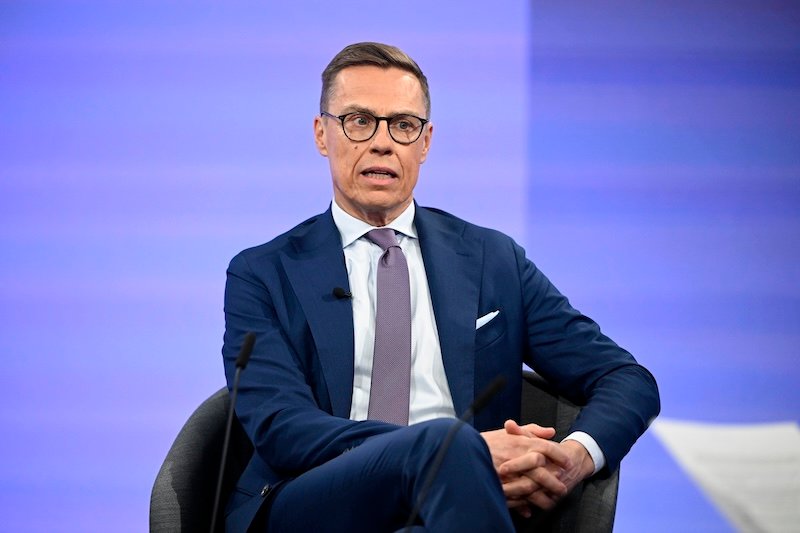Paris, July 24, 2024, The Europe Today: French President Emmanuel Macron on Tuesday dismissed a proposal by a left-wing alliance to appoint a new prime minister following recent snap elections. Instead, Macron emphasized the need for parties in the divided parliament to unite and form a broad coalition after the conclusion of the Paris Olympics.
“Of course we need to be concentrated on the Games until mid-August,” Macron told broadcaster France 2. “From then… it will be my responsibility to name a prime minister and entrust them with the task of forming a government, with the broadest backing possible,” he said.
Just an hour before Macron’s televised interview, France’s leftist New Popular Front (NPF) coalition, which secured the most seats in this month’s parliamentary election, proposed Lucie Castets, a financial crime expert, as its candidate for prime minister. Castets, currently the director of finance and purchasing at Paris City Hall, has no prior experience in party politics.
When questioned about Castets, Macron responded, “This is not the issue. The name is not the issue. The issue is: Which majority can emerge at the National Assembly?” He further stated, “Until mid-August, we’re in no position to change things, because it would create disorder,” noting the logistical and security challenges posed by the Paris Olympics, which begin this week and run through August 11.
France is currently experiencing parliamentary deadlock following the snap election. No party achieved an outright majority in the lower house of parliament, which is now broadly divided into three blocs: the leftist New Popular Front, Macron’s centrist allies, and the far-right National Rally led by Marine Le Pen.
The leftist NPF coalition, composed of the hard-left France Unbowed, the Socialists, the Greens, and the Communists, has been debating for weeks over its candidate for prime minister. Despite the NPF’s majority in the National Assembly, Macron retains the authority to appoint the prime minister. However, the appointee must garner sufficient support from lawmakers to avoid a no-confidence vote.
Macron, who holds a presidential mandate until 2027, reiterated the need for political stability and unity in forming the new government.
